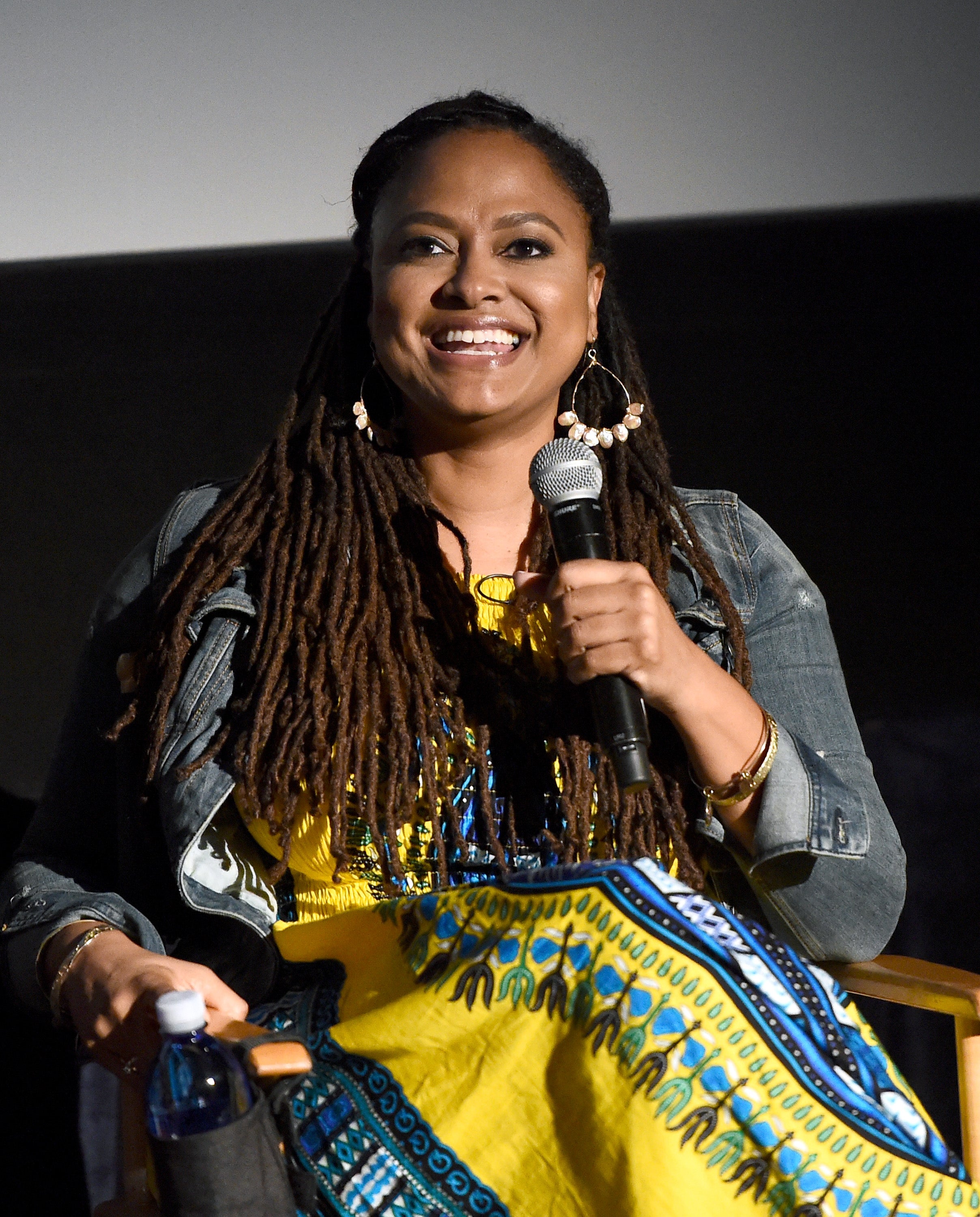
In an recent interview about “Black Representation in Entertainment” on WNYC’s The Takeaway, director Julie Dash described the gender issues in Hollywood as “hurdles and mine fields you have to get through still to get a film greenlit.”
Still, there’s hope on the horizon and, according to Dash, it’s in the form of Ava DuVernay and Queen Sugar. “In six months time, Ava DuVernay has done more to advance women in filmmaking than Hollywood has done in 100 years. She hired women directors to direct the entire series: White women, Asian women… Ava changed the landscape,” she said.
As Women’s History month begins, the Oscar nominated director of Selma and 13th will uplift women filmmakers again. On March 1, for 12 hours across five countries, 25 female directors will flood their timelines in support DuVernay’s Rebel-A-Thon — the annual membership drive for Array Releasing, her independent film collective and distribution platform for people of color and women.
“We offer this year’s Rebel-A-Thon as an opportunity to highlight the important contributions made by women filmmakers,” said ARRAY’s Executive Director Tilane Jones. “On March 1 we will stand together for inclusiveness in the industry.”
Directors chatting on Twitter using the hashtag #ArrayToday, will include Amma Asante, who’s current film A United Kingdom stars David Oyelowo; Mira Nair, who latest movie, Queen of Katwe is now available on DVD; Tina Mabry, a 2017 Director’s Guild of America Award winner for outstanding direction, children’s program for her An American Girl Story-Melody, 1963: Love Has to Win; and one-to-watch Stella Meghie, who’s directing Amandla Stenberg in the young adult novel adaptation Everything, Everything.
Subscribe to our daily newsletter for the latest in hair, beauty, style and celebrity news.
While Wednesday’s Twitter conversation will be sure to empower and inform female directors and their journey as storytellers, here’s hoping executives who hire directors will be moved by the conversation: In a recent study from San Diego State’s Center for the Study of Women in Television and Film, only 7 percent of women worked on the top 250 domestic grossing films in 2016 – a 2 percent decline from 2015.